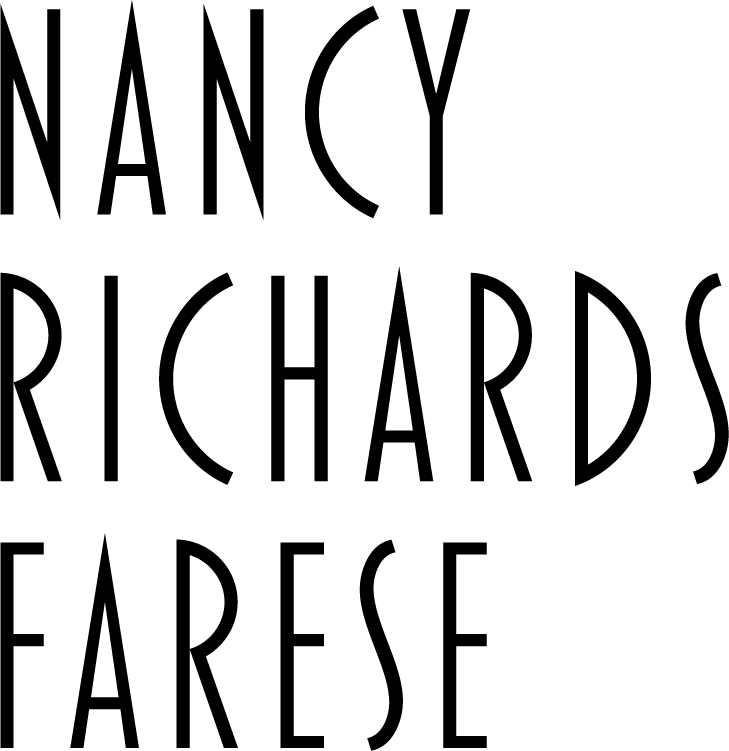I Still Speak Southern in My Head (AVAILABLE NOW)
I Still Speak Southern in My Head (AVAILABLE NOW)
Including work from the exhibition ADD|MIX|FOLD by Nancy Richards Farese, I Still Speak Southern in my Head is about memory, and the stories we tell ourselves. Using photography, collage, and thread Farese presents a visual memoir of growing up in the South in the Sixties, to re-examine the culture of historical segregation, expectations of womanhood, and a complicated relationship to place and home. This book questions what we hold on to, and what we let go of, as we search to make meaning of our lives, now.
What I remember about growing up in the American South in the 1960s is that my mother called the Civil War the “War of Northern Aggression.” I remember that none of our history classes taught slavery as a cause of the war. I remember that Gone with the Wind served up a full-throated defense of Lost Cause mythology and our way of life, and I remember that I read the book twice and saw the movie three times before I went to college.
*
This body of work was born in the early weeks of the COVID pandemic of 2020, and made in the distinct period that followed, where we lived in a series of colliding catastrophes and repairs—political, social, emotional—that shaped our everyday lives. This work is a product of turbulence.
As my family retreated to ride out together whatever the virus would bring, my son suggested we find something to do with our hands—knit, doodle, shell peas. I began to sew on an old photo of my Gramma Richards celebrating a first-place win in the Giant Cabbage Contest at the 1952 Georgia State Fair. My girlhood embroidery skills were surprisingly intact.
Meanwhile, chaos in the world grew louder and more ominous. When Joe Biden nominated Kamala Harris as his Vice President and The New York Times exulted “Ambition Has Always Been ‘Ladylike,’” the image of Gramma Richards was suddenly a story about ambition and hope in us all—the raw, constant creativity and drive of everyday women. But this old family photograph was also now an artifact, an art object, a tangible piece of evidence.
With our democracy teetering, the pandemic seeding fear and anxiety, and violent racial reckoning on our streets after the murder of George Floyd, it seemed to me that perhaps our ways of documenting the world no longer worked. What does it mean that we don’t have artifacts—printed photographs, letters, even newspapers—to document how we lived, adapted, and held onto ourselves in these perilous times? What will we show the grandchildren?
I began to sew, bead, paint, and quilt on other family photographs to create things to hold onto as personal anchors. Tactile by design, the dimensional nature of the work suggests both assembly and exclusion. Stitching is, after all, our most ancient form of repair. It is derived from “female crafts,” those traditional languages which have always been used to create and subvert, and calls to mind the rich tradition of makers and quilters who have used the needle to weave stories and challenge authority: the quilters of Gee's Bend, Faith Ringgold, Bisa Butler. A direct line of thread connects those celebrated American quilters to the sewing circles in Afghanistan today where women sit whispering Shakespearian sonnets forbidden to them by the men who make their laws.
This exhibition of this work is titled, ADD|MIX|FOLD, which comes from a family pound cake recipe. I am “sifting” through the historical legacy I inherited, helping to discern what to hold onto and what to let go. I’ve heard it said that the opportunity in a synthetic world is to be undeniably human. The work is intentionally tactile and handcrafted; it is undeniably human.
Book Specifications:
ISBN: 978-1-959684-08-4
Dimensions: 8 x 10.85 inches
Number of pages: 64 with tip ins, and smaller pages
Binding: Hardcover Swiss
Author Bio:
Nancy Richards Farese is a photographer, author, and entrepreneur whose work promotes visual storytelling as an essential tool for social good. An award-winning documentary photographer, she has worked extensively for international development organizations including the United Nations High Commission on Refugees, CARE USA, RefugePoint, and the Carter Center. Farese holds a master’s degree in Public Administration from the Harvard Kennedy School and was a Fellow at the Shorenstein Center on Media, Politics, and Public Policy. Her writing has been published in the NiemanStoryboard, Atlanta Journal-Constitution, and San Francisco Chronicle. She is the founder of the visual storytelling nonprofits PhotoPhilanthropy (2009) and CatchLight (2015), and is a board member of Southwire Company, NPR Foundation, and CatchLight. Originally from Carrollton, Georgia, Farese now lives in Marin County, California.

